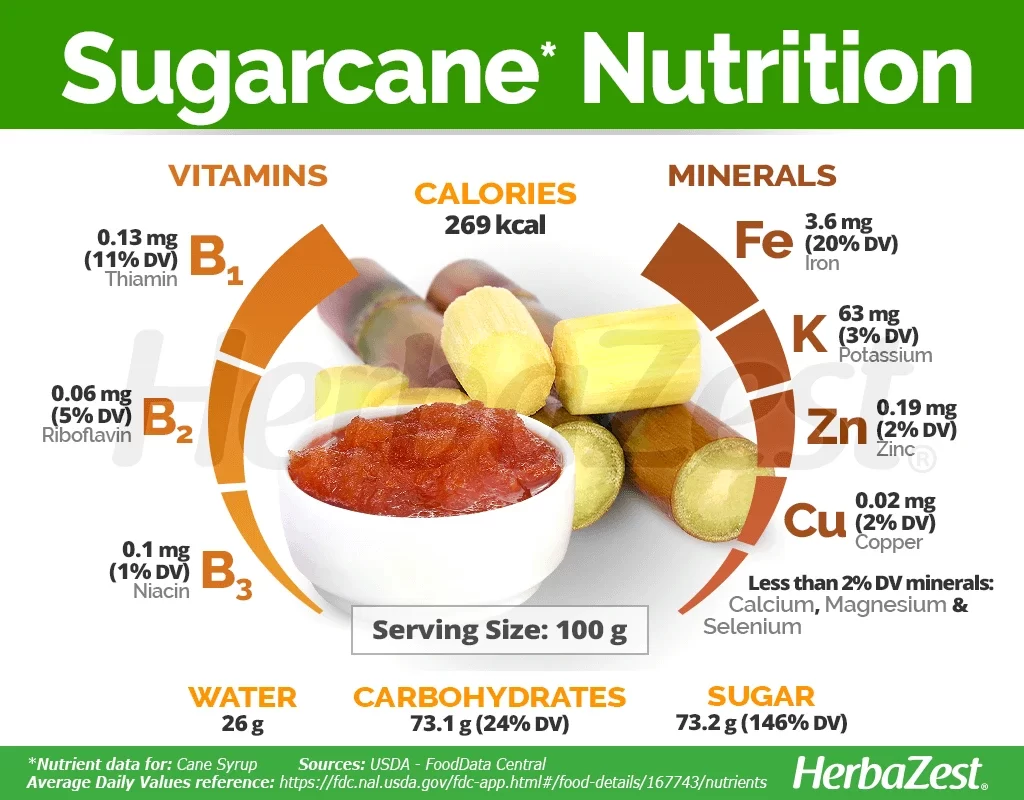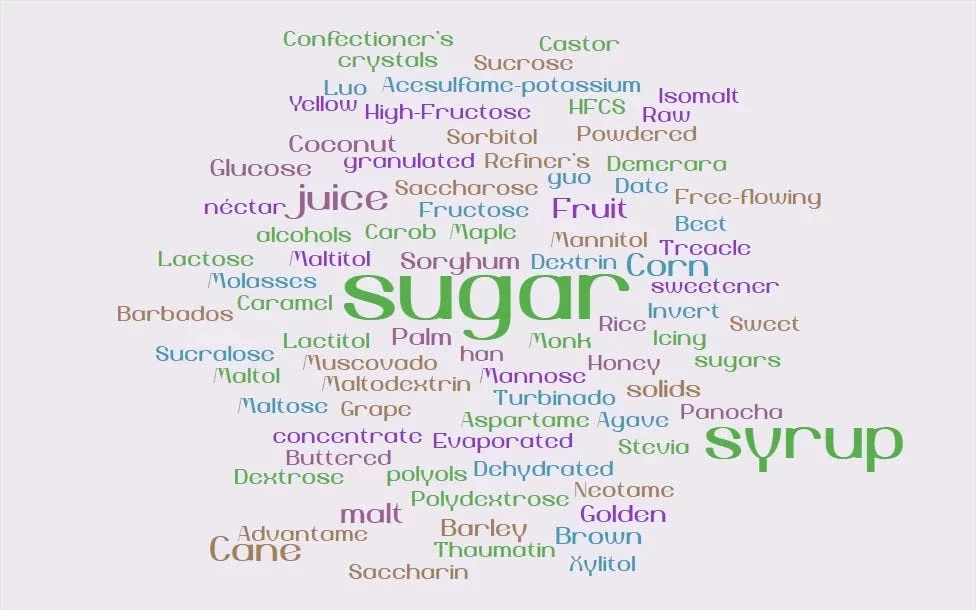Currently Empty: $0.00


Discover the growing trend of plant-based honey alternatives and why they are gaining popularity in the market.
Benefits of Plant-Based Honey Alternatives
Plant-based honey alternatives offer a range of benefits for both individuals and the environment. Firstly, these alternatives are entirely vegan, making them suitable for those following a plant-based or vegan lifestyle. This means that individuals can enjoy the sweet taste of honey without compromising their dietary choices.
Additionally, plant-based honey alternatives are often made from natural ingredients such as sugarcane, providing a healthier option compared to traditional honey. These alternatives can contain essential nutrients and antioxidants that support overall health and well-being.
Moreover, by opting for plant-based honey alternatives, individuals can contribute to the preservation of bee populations. With 28 percent of bumble bee species in North America considered threatened, it is crucial to explore sustainable alternatives that do not rely on traditional honey production methods.
Overall, the benefits of plant-based honey alternatives extend beyond personal health benefits, offering a sustainable choice that aligns with ethical and environmental considerations.
Popular Plant-Based Honey Options
The market for plant-based honey alternatives has expanded in recent years, providing individuals with a variety of options to choose from. One popular alternative is Vegan Honey, which is made from a combination of natural plant extracts and sweeteners. This option replicates the taste and texture of traditional honey, making it an appealing choice for those looking for a close substitute.
Another popular plant-based honey alternative is Sugarcane Honey. This alternative is derived from sugarcane, offering a natural and sustainable option for individuals seeking an alternative to traditional honey. Sugarcane honey provides a similar sweetness and flavor profile, making it a versatile choice for various culinary applications.
Other plant-based honey alternatives include Agave Nectar, which is extracted from the agave plant, and Maple Syrup, which is derived from the sap of maple trees. These options provide unique flavors and can be used as substitutes for traditional honey in a variety of recipes and beverages.
With the increasing demand for plant-based alternatives, the market continues to expand, offering individuals a wide range of popular plant-based honey options to choose from.
How to Incorporate Plant-Based Honey into Your Diet
Incorporating plant-based honey alternatives into your diet is a simple and enjoyable process. These alternatives can be used as substitutes in a variety of recipes that traditionally call for honey. Here are some creative ways to incorporate plant-based honey into your diet:
– Use plant-based honey as a sweetener in your morning oatmeal or smoothie bowl.
– Drizzle plant-based honey over pancakes, waffles, or French toast for a delicious breakfast treat.
– Substitute traditional honey with a plant-based alternative in baking recipes like cookies, cakes, and muffins.
– Add a touch of plant-based honey to your favorite salad dressing or marinade for a unique flavor twist.
– Stir plant-based honey into your tea or coffee for a natural sweetener.
By experimenting with these suggestions, you can enjoy the benefits of plant-based honey alternatives while adding a touch of sweetness to your favorite dishes.
The Environmental Impact of Traditional Honey Production
Traditional honey production methods have a significant environmental impact, particularly on bee populations. The decline of bee populations is a growing concern due to the vital role these pollinators play in maintaining ecosystems and supporting food production.
Conventional beekeeping practices often involve the use of pesticides, which can harm bees and other beneficial insects. Additionally, the transportation of honey from distant locations contributes to greenhouse gas emissions and carbon footprint.
By choosing plant-based honey alternatives, individuals can reduce their contribution to these environmental issues. These alternatives require less reliance on beekeeping practices and minimize the need for transportation, resulting in a lower environmental impact.
Furthermore, opting for plant-based honey alternatives supports the preservation of bee populations by reducing the demand for traditional honey. This choice aligns with sustainable and eco-friendly practices, promoting a healthier planet for future generations.
The Future of Plant-Based Honey in the Food Industry
The growing trend of plant-based honey alternatives indicates a promising future for these sustainable options in the food industry. As more individuals embrace plant-based diets and seek ethical and environmentally friendly choices, the demand for plant-based honey alternatives is expected to rise.
Food manufacturers and producers are recognizing this shift in consumer preferences and are introducing innovative plant-based honey alternatives to meet the demand. These alternatives not only offer a sustainable choice but also provide unique flavors and textures that can enhance culinary experiences.
Moreover, the popularity of plant-based honey alternatives has led to increased research and development in this area. Scientists and food experts are continuously exploring new ingredients and methods to create alternatives that closely resemble the taste and texture of traditional honey.
With the combination of consumer demand, industry innovation, and ongoing research, the future of plant-based honey in the food industry looks promising. Individuals can look forward to a wider range of options that cater to various dietary preferences and contribute to a more sustainable and eco-conscious food system



